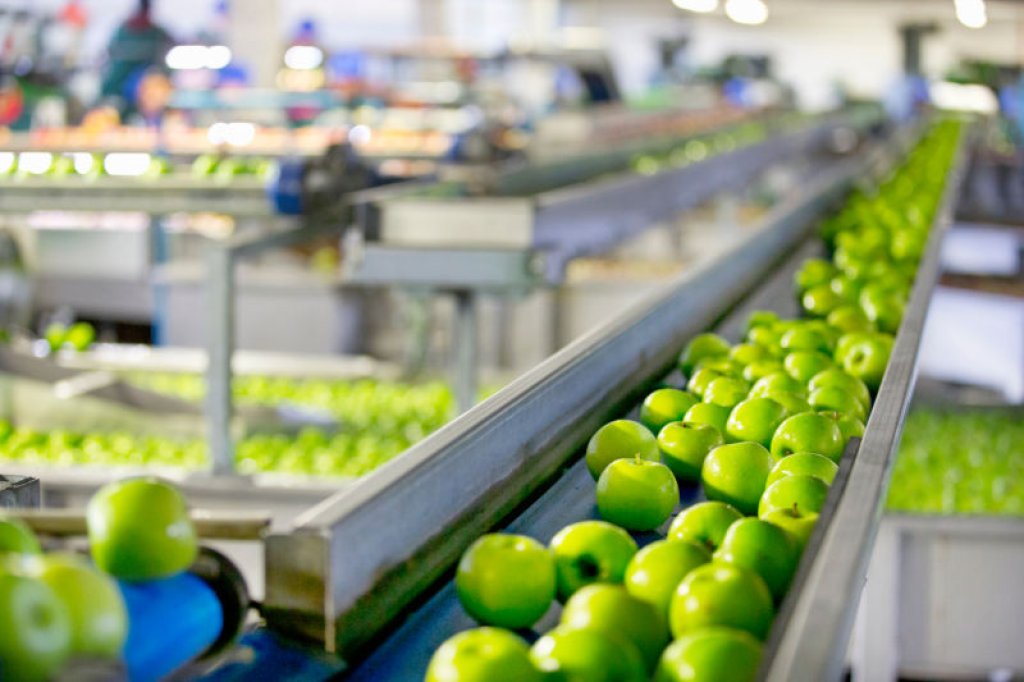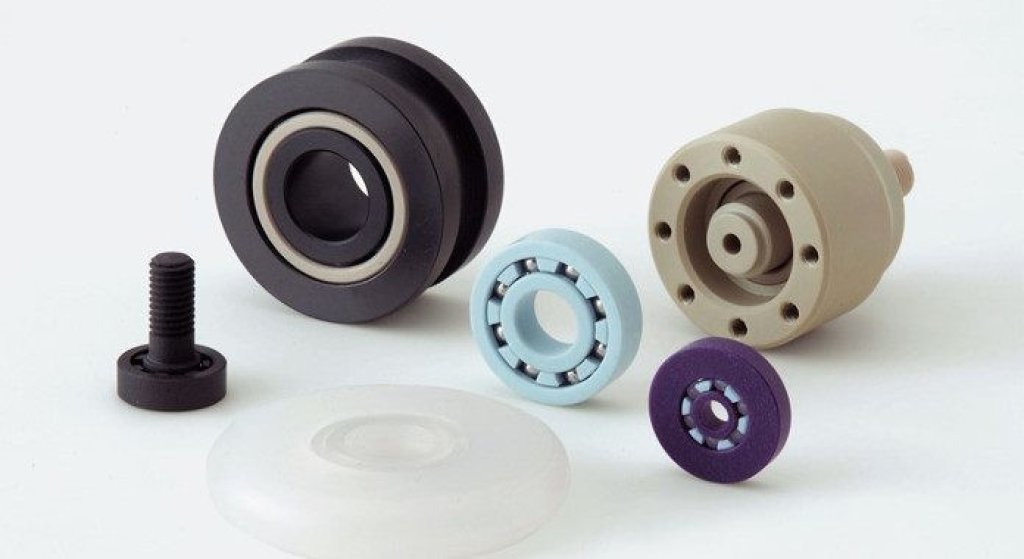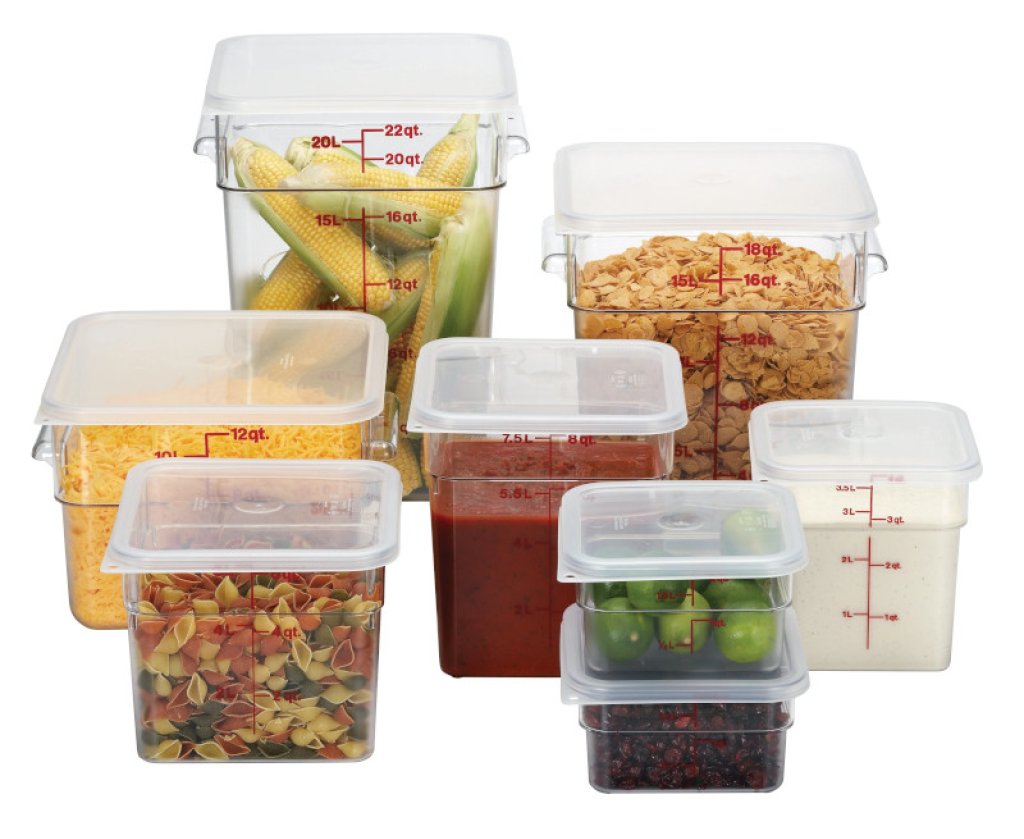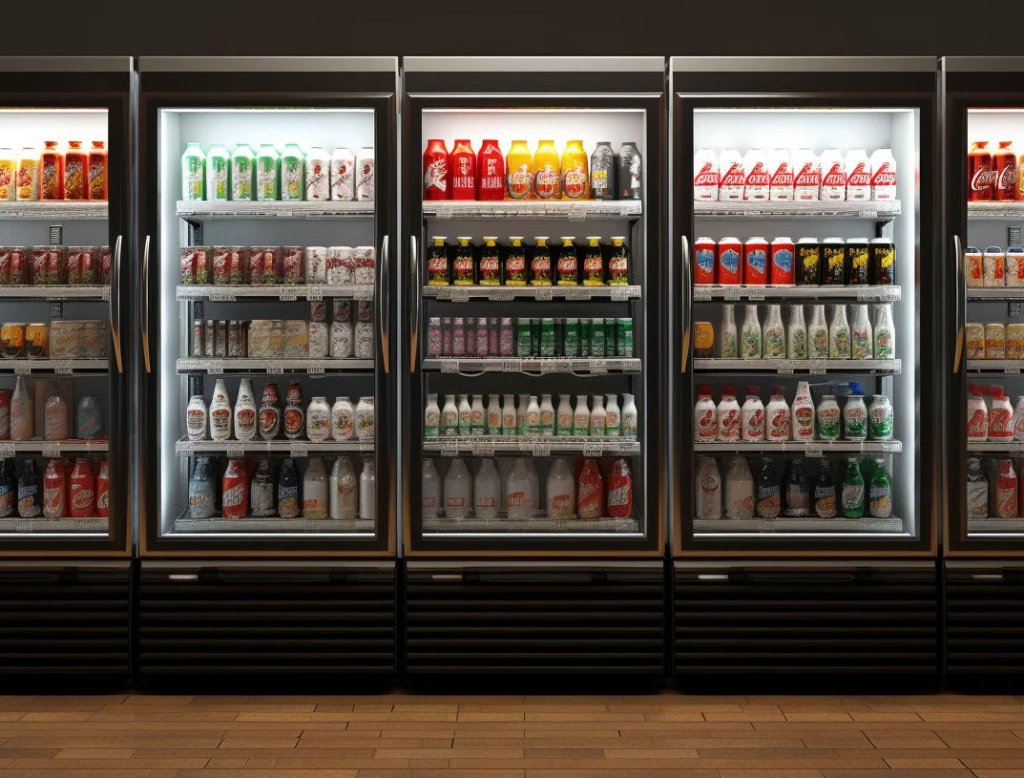The food processing and handling industry relies heavily on equipment and machinery to meet the constant demand of these goods. With the help of performance plastics, these industrial facilities can fully rely on the durability and longevity of these materials, ultimately decreasing their operating costs. In addition, the versatility of performance plastics allows them to be used in a variety of applications ranging from mixing and cooking to packaging and transportation.
Common Plastics for Food Processing
The food processing and handling industry often presents merciless environments for the materials that are used in the equipment and machinery. That’s why it’s important to have materials with properties that can withstand any condition. For example, many industrial plastics can be heated or cooled repeatedly without affecting the application’s design or the items being processed. These materials are also specifically designed to withstand harsh chemicals, thus allowing them to be cleaned and sanitized regularly to prevent contamination. In addition, these plastics often have low coefficients of friction and low water absorption rates, making them a preferred choice over alternative materials such as metal.
Acetal has exceptional stiffness, strength, durability, lubricity, and a low moisture absorption rate. It offers a thinner, lighter, and more flexible design when compared to traditional industrial products. It boasts excellent product fusion and a wide range of temperature performance levels. Acetal can be used for applications such as can mandrels, chute, hopper, and silo liners, bearings and bushings, seals and gaskets, star wheels, thrust washers, and valve seats.
UHMW is highly durable, cost-efficient, and versatile. It is commonly known for its extremely low coefficient of friction, inherent lubricity, superior impact strength and chemical resistance. Natural virgin UHMW has an extremely high molecular weight, making it extremely resistant to abrasion and moisture absorption. UHMW is also FDA and USDA compliant. UHMW can be used for applications such as conveyor systems, bottling lines, food cabinetry, star wheels, thrust washers, valves and fittings, and material handling wear strips.
HDPE is a versatile product with low moisture absorption, excellent impact resistance, high tensile strength, and good chemical and corrosion resistance. HDPE does not splinter, rot, or retain harmful bacteria. It is recyclable and extremely resistant to the harsh chemicals of cleaning solutions. HDPE can be used for applications such as cutting boards, bottling lines, cabinetry, conveyor systems, and material handling wear strips.
PTFE has a low coefficient of friction, excellent electrical properties, high chemical resistance, and stability in wide temperature ranges. PTFE is also FDA approved. PTFE can be used for applications such as conveyor systems, bearings and bushings, seals and gaskets, valve seats, and thrust washers.
Extruded Nylon has exceptional toughness, resistance to wear, and great tensile strength. It is lightweight and exhibits a low coefficient of friction and is chemically and thermally resistant. Nylon 101 is also FDA, USDA, NSF, and 3-A Dairy compliant. Nylon can be used in applications such as bearings and bushings, seals and gaskets, thrust washers, and valve seats.
Polycarbonate is a transparent plastic material with exceptional impact resistance, toughness, low moisture absorption, dielectric properties, and flame retardance. Polycarbonate is 30 times stronger than acrylic and over 200 times stronger than glass. It is lightweight, weighing six times less than glass. Polycarbonate is also a great insulator. Polycarbonate can be used in applications such as machine guards, heavy equipment glazing, conveyor systems, and windshields.
Food Contact Plastic Materials
One of the biggest benefits of using industrial plastics in the food processing and handling industry is their NSF, FDA, USDA, and 3-A Dairy compliance. This allows for direct contact with food without having to worry about introducing dangerous shavings or other foreign materials into the processed products. Furthermore, x-ray detectable plastics now offer additional relief knowing these materials can be detected before being introduced to the customer.




















